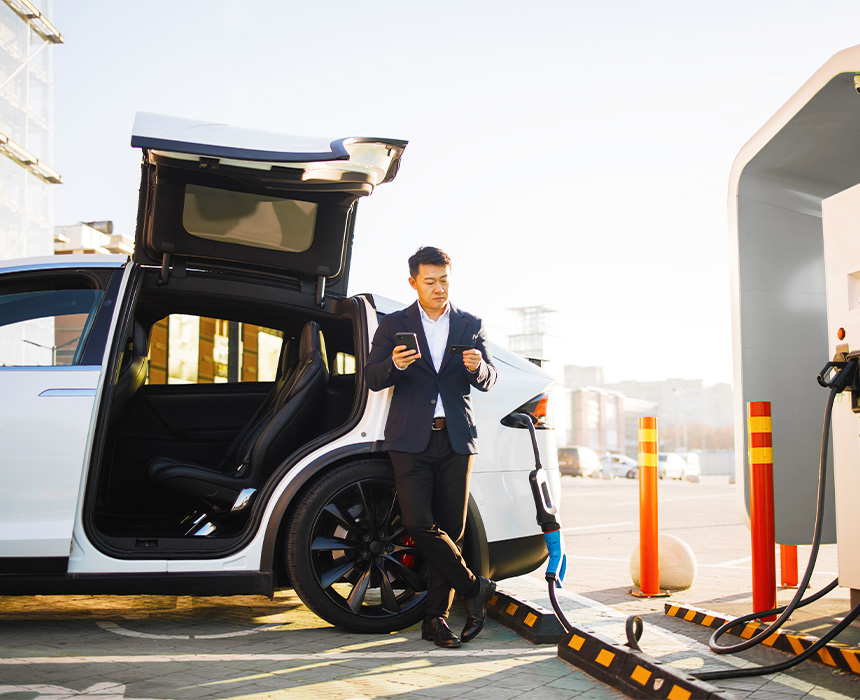New Trends and Business Models in EV Charging Operations!
With the rapid spread of electric vehicles (EVs), charging operations have evolved from a simple act of supplying electricity into a complex industry shaped by digital services, customer experience, and sustainability policies. Today, charging operations play a strategic role in urban transportation infrastructure and are recognized as an essential component of the global energy economy.
Transformation of Charging Operations
Initially, charging services were limited to the supply of electricity. However, today they are supported by digital platforms, mobile applications, user-friendly payment systems, and data analytics. Operators are no longer positioned merely as energy providers but as comprehensive service providers who manage digital ecosystems.
Diversity of Business Models
A wide variety of business models have emerged within charging operations. Subscription-based solutions, pay-per-use systems, public charging stations, and private property integrations increase the sector’s flexibility. Especially for fleet managers and logistics companies, customized charging solutions are among the most decisive trends shaping the sector’s future.
Digitalization and Smart Solutions
Digitalization serves as the driving force behind charging operations. Cloud-based management systems, AI-powered predictive maintenance, and blockchain-based transparent payment systems enhance both reliability and efficiency.
Through mobile applications, users can locate the nearest charging stations, make reservations, compare tariffs, and securely process payments, creating a seamless service experience.
Sustainability and Energy Management
The success of electric mobility is directly linked to the use of sustainable energy. In charging operations, integration of renewable energy sources, deployment of storage systems, and collaboration with smart grids are gaining importance. These solutions not only reduce the carbon footprint but also strengthen the security of energy supply.
Importance of Customer Experience
Charging operations are no longer only about technical infrastructure but also about customer satisfaction. User-friendly interfaces, transparent pricing policies, fast and reliable service, and strong support systems are competitive advantages that increase customer loyalty and trust.
Regulations and Standards
Every country defines frameworks for safety, integration, and service quality through regulatory bodies. In Türkiye, EPDK and TSE play this role; in Europe, UNECE; in the United States, DOE, FERC, and NIST; in Central Asia, O’zbekenergo and O’zDSt; and in Russia, Минэнерго and ГОСТ provide the standards and regulatory guidelines that ensure safe and interoperable charging operations.
Future Outlook
In the near future, charging operations will evolve further with ultra-fast charging technologies, AI-powered smart maintenance systems, global roaming agreements, and energy-sharing economies. Such advancements will strengthen the sector’s role as a central component of urban mobility and the clean energy transition.
Conclusion
EV charging operations are strategically positioned at the intersection of energy and transportation. This 6000+ character analysis demonstrates that charging operations are not limited to providing electricity but are central to a transformation driven by digitalization, customer experience, and sustainability.




